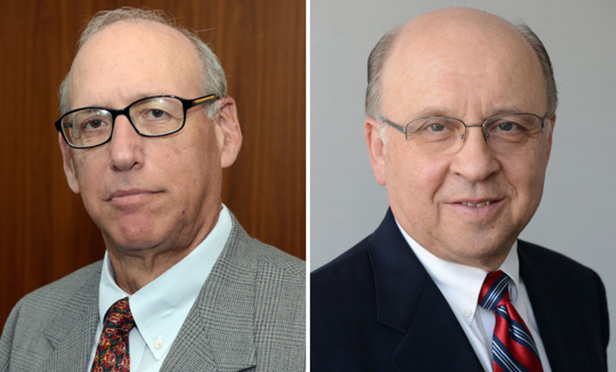For better or worse, the proliferation of technology accessible to minors has fundamentally altered the way they communicate and interact with the world around them. Since the schools they attend maintain an interest in their well-being, it’s easy to imagine how this change has complicated the relationship between the two. Whether through proprietary software specifically designed to monitor the social media communiqués of students, or through a casual Facebook search, administrators now have a trove of information at their fingertips. Courts are only now beginning to confront the myriad privacy questions that arise as a result of the increasing interconnectedness between students and school districts.
This article will discuss several prominent cases that confront the issues intrinsic to this relationship, including: whether unauthorized access to the computers or social media accounts of students can violate statutory and constitutional laws governing searches and seizures; at what juncture does a student surrender a right to privacy in the student’s online communications; and the circumstances in which a school can discipline a student for online speech without violating the First Amendment.
The ‘Robbins’ Case
This content has been archived. It is available through our partners, LexisNexis® and Bloomberg Law.
To view this content, please continue to their sites.
Not a Lexis Subscriber?
Subscribe Now
Not a Bloomberg Law Subscriber?
Subscribe Now
LexisNexis® and Bloomberg Law are third party online distributors of the broad collection of current and archived versions of ALM's legal news publications. LexisNexis® and Bloomberg Law customers are able to access and use ALM's content, including content from the National Law Journal, The American Lawyer, Legaltech News, The New York Law Journal, and Corporate Counsel, as well as other sources of legal information.
For questions call 1-877-256-2472 or contact us at [email protected]



